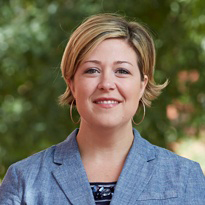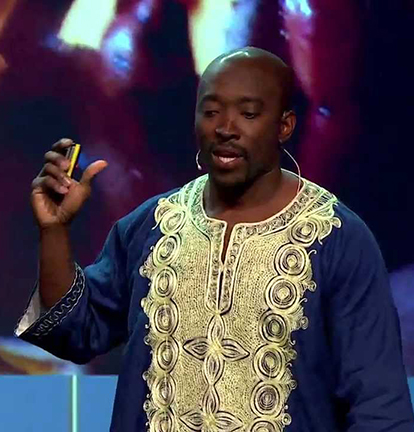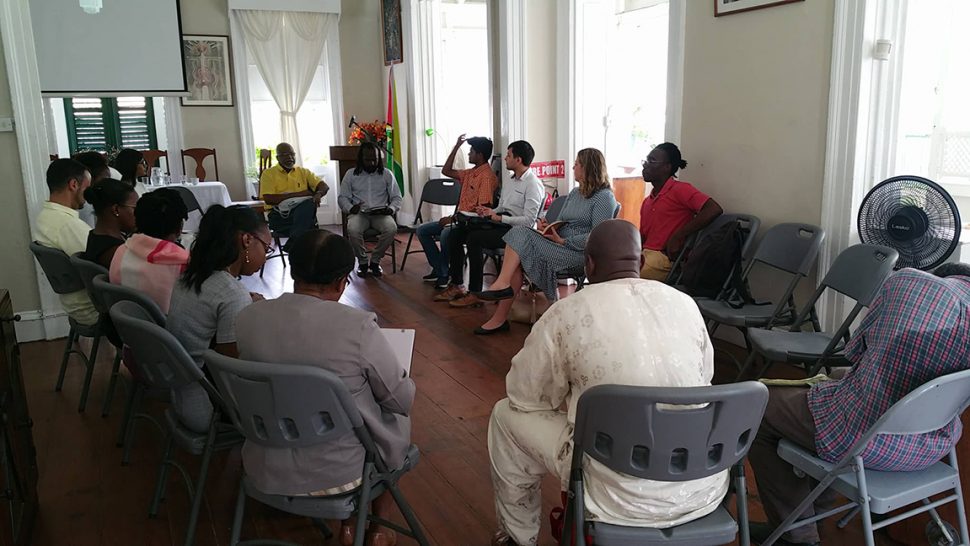Local anti-corruption watchdog Transparency Institute of Guyana Inc (TIGI) is seeking to marshal civil society organisations to ensure the scrutiny of the governance of Guyana’s oil and gas sector that is needed to avoid pitfalls experienced by other producers.
With funding from international civil society supporter Open Society Foundations, TIGI yesterday met at Moray House, Georgetown, with civil society representatives from across the country as it launched the first of a series of planning engagements with the group.
The meeting saw representatives from ChildLink, the Guyana Women Miners Organisation, the National Commission on Disability, the Guyanese Organisation of Indigenous Peoples, the University of Guyana’s Economic Society and others.

“We are about to launch a project to determine a civil society oil and gas governance agenda. This means we want to get civil society together, as wide as possible a cross section, to discuss this matter and determine what we want to do to contribute to oil and gas governance in this country. So, the initial phase is to come up with a plan of what we want to do for oil and gas governance,” TIGI President Troy Thomas said.
“We are going to have this meeting with civil society where we throw this idea out and get some feedback on how people feel. We don’t want to prescribe how we feel, we want to come and have the decisions made here by our civil society representatives and whatever we focus on comes from the wide group and everybody buys into it. We [TIGI] might have our own ideas what we might believe is important but we want everyone’s ideas to be important so we can stand behind it. The main activities will begin after the holidays but we are in the period of sensitizing people about it, enlisting assistance that might be necessary and planning accordingly,” he added.

Thomas explained that two prominent civil society advocates from East Timor and Equatorial Guinea are helping TIGI through the process as they share the respective experiences of their countries. TIGI has done a research paper on the experiences of the two countries and it will launch it at a reception this afternoon at Moray House.
“They are here to share their experience from civil society we have drafted a paper on that. We are looking at their experience and what that might suggest for us in Guyana but it is valuable to hear what they have experienced so we can plan to avoid the things that are not so good. We want to form partnerships with civil society organizations in other countries also,” Thomas noted.
The representative of East Timor could not attend yesterday’s meeting due to travel issues on his way here.
Following the whistleblowing of an Australian spy, the Southeastern Asian country had discovered that Australia had initiated a covert operation where it bugged its Cabinet Room and other places to gain an advantage during and oil and gas negotiations and thus end up with lucrative deals.
The UK’s Guardian newspaper said the whistleblower’s actions “helped expose a 2004 spy operation designed to give Australia an advantage over its ally during sensitive negotiations to carve up oil and gas reserves in the Timor Sea.” After the covert mission was revealed, East Timor took Australia to the permanent court of arbitration in The Hague, challenging the validity of the treaty. Earlier this year, a new treaty was signed that gave East Timor a fairer deal.
‘Overnight’
At yesterday’s meeting, Equatorial Guinea civil society advocate Tutu Alicante shared the daunting experiences of his Sub-Saharan homeland after it began oil production some 27 years ago.
“I know what happened in my country and I know it is something that needs to be avoided by Guyana or by any other country that should be benefitting from its natural resources and the revenues from those natural resources. You see, Equatorial Guinea, which has the highest gross domestic product per capita in Africa, on par with the UK and France at US$44,000 per person, yet 83% of people in my country live on less than a dollar a day.
“What that means is that there is no schools, no running, water no electricity for the majority of people in my country. This is 25 years after we have been producing oil. That is something that can be avoided and something our political leaders can avoid. It is something that the people, civil society, the press, the churches… should engage to ensure that it doesn’t happen here. Natural resources should go to benefit the people of my country; but that did not happen in my country and I am hoping that my colleagues here from civil society ensure that doesn’t happen in Guyana,” he added as he pledged his support for Guyana’s civil society groups.
Alicante, who is the Executive Director of the EG Justice, a not-for-profit human rights and civil society advocacy organisation, related that when oil started pumping in his country, the population was about 500,000 persons who were eagerly anticipating the benefits the revenue from it would bring. Instead, he said, not much has changed and the vast majority of people continue to live in abject poverty while a few live like kings.
“When oil started before 1991, the GDP was about US$700 per person, so we were one of the poorest in the African hemisphere and, also, you know, on par with Haiti. We were so poor that at one stage they had considered selling the country to Cameroon. Overnight, we went from having that type of poverty to pumping 450 000 barrels of oil per day and being on par with Brunei, Norway and others. The population was 500,000 people and we were producing 450,000 barrels of oil every single say. Production has come down from being on par with Norway to being on par with the UK. This was the change but it doesn’t address inequality and poverty and that is the type of issues I hope are addressed to ensure that it doesn’t happen here,” he added.
Alicante hopes TIGI uses the funding provided by Open Society to ensure it has a robust and vocal civil society, starting long before first oil and continuing during production. His views were echoed by Open Society Programme Officer Sarah Pray. She noted that while her organisation wants to ensure that civil society is robust and makes concrete decisions for the people of its country, it would never lend or impose its views. She said that the organisation would instead help civil society to hold government accountable as both sides work together for the good of the people.
“A lot of people are coming here and telling the government what they think. We are not going to do that. We want to support civil society here. We believe that through strong, robust diverse society that can work with the government when appropriate and against the government when appropriate, that is going to create the kind of outcome that you want,” she stressed.
“Holding checks on taxation and royalty rates etcetera… what they should be paying, where did that money go, on what is it being spent? To try to assure that the revenues from natural resources, which belong to the people, our resources, is spent on us no matter the country. We want to compel better behaviour from the companies… Exxon, Shell, Total, BP, all of the majors that try to behave differently home than they do abroad,” she added.
“We have a lot of resources that we hope to bring to bear technical everything there is to know about oil content, shell companies budget oversight and the likes,” Pray said.
Some US$24,500 will go towards the formulation of the civil society plan, after which a proposal for the project amount will be submitted to Open Society for full funding. This newspaper understands that the Guyana Press Association has also received US$75,000 from Open Society for training programmes and other projects which would assist journalists here in covering the oil and gas sector.




